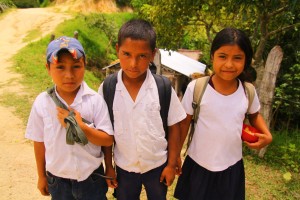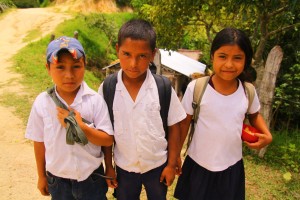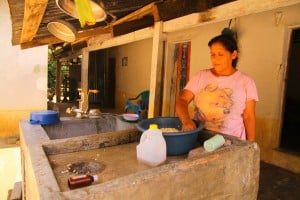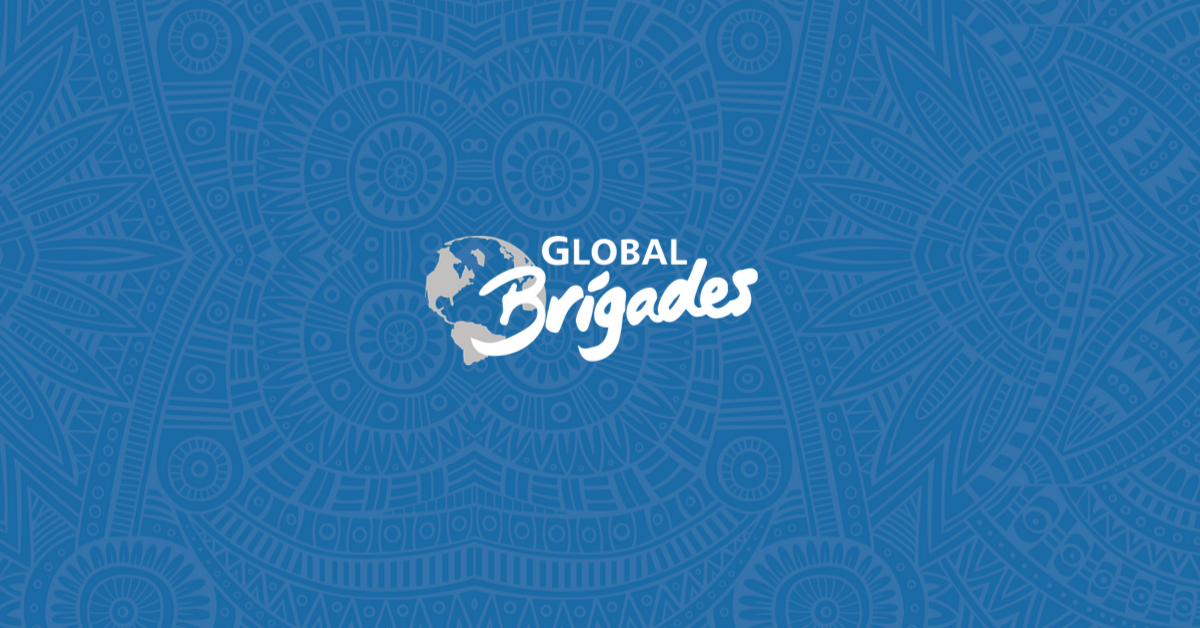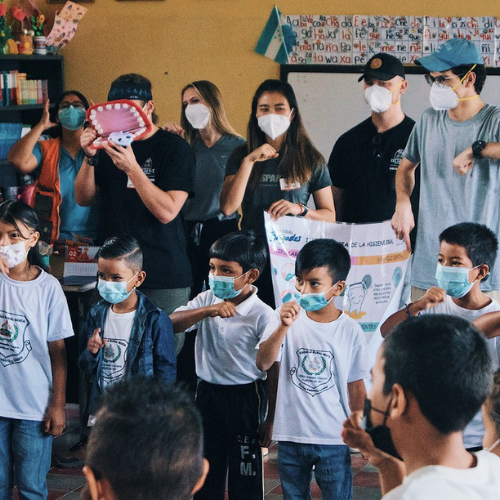The following blog post is written by Quique Rodriquez, Executive Director of Global Brigades Honduras. Quique has been a part of Global Brigades since it began in Honduras in 2004. He is a native Honduran who currently lives and works in Honduras overseeing all of our on-the-ground operations.
Like many other developing countries, Honduras faces extreme poverty and lack of access to basic resources like education, housing and healthcare. This coupled with a location opportune to drug trafficking between South and North America, make our major cities vulnerable to the proliferation of organized crime. As such, our cities breed gang violence that statistically overshadows the realities of the peaceful existence that the everyday people experience. The widely publicized security issues in Honduras are isolated to small parts of the country, within gangs, and rarely affect the average citizen. Hondurans are not killing one another as the media portrays; the great majority are in fact pacifists whose only fight is to get out of poverty.
As citizens of Honduras, we cannot do anything but lament that the international press draws such a negative picture of Honduras through images of rampant violence and imminent danger. Perhaps it doesn’t sell well enough, but the popular press chooses to ignore the limitless stories of mutual respect, compassion and service that happen every day between local community members and international volunteers. There are life changing stories that I see every day that are now at risk because of the propagation of hysteria.
The largest obstacle we face as humanitarian workers in this country is not the fight against violence or local limitations, but the international press one-sidedly shaping the perceptions of potential volunteers who would otherwise participate with support organizations. This is not an assumption, but statistically realized within my own and other aid organizations who are now experiencing a number of cancellations and detours of volunteers going to other countries to serve. The result is the significant reduction in funds and resources for health care services, microfinance, and education initiatives for the poorest of the poor in Honduras.
I don’t have the power to change the way Honduras is portrayed internationally, but I remain optimistic, strong and take the utmost care to create a safe environment for international workers and volunteers. I’m confident in the new measures that our government is developing to end the growth of crime and to increase security in high-risk areas, but am still diligently working to limit risk with comprehensive safety procedures, even in our regions of work, where security threats are virtually nonexistent.
Ultimately, I’m committed to those who wait anxiously hoping for the opportunity to improve their quality of life and not to be passive when they need us most. Where children play without toys and families learn to be happy in the most destitute conditions. In a country where education is a privilege not a priority and where people work passionately everyday despite it all; it is my honor to serve in Honduras.

